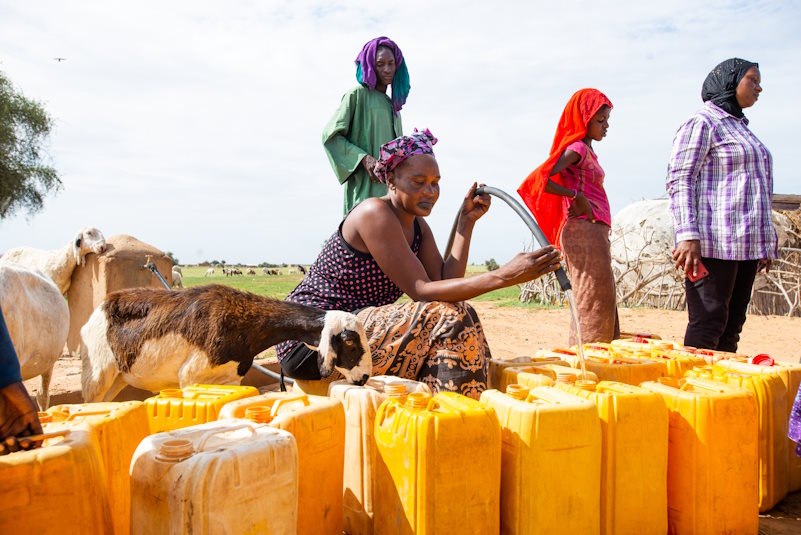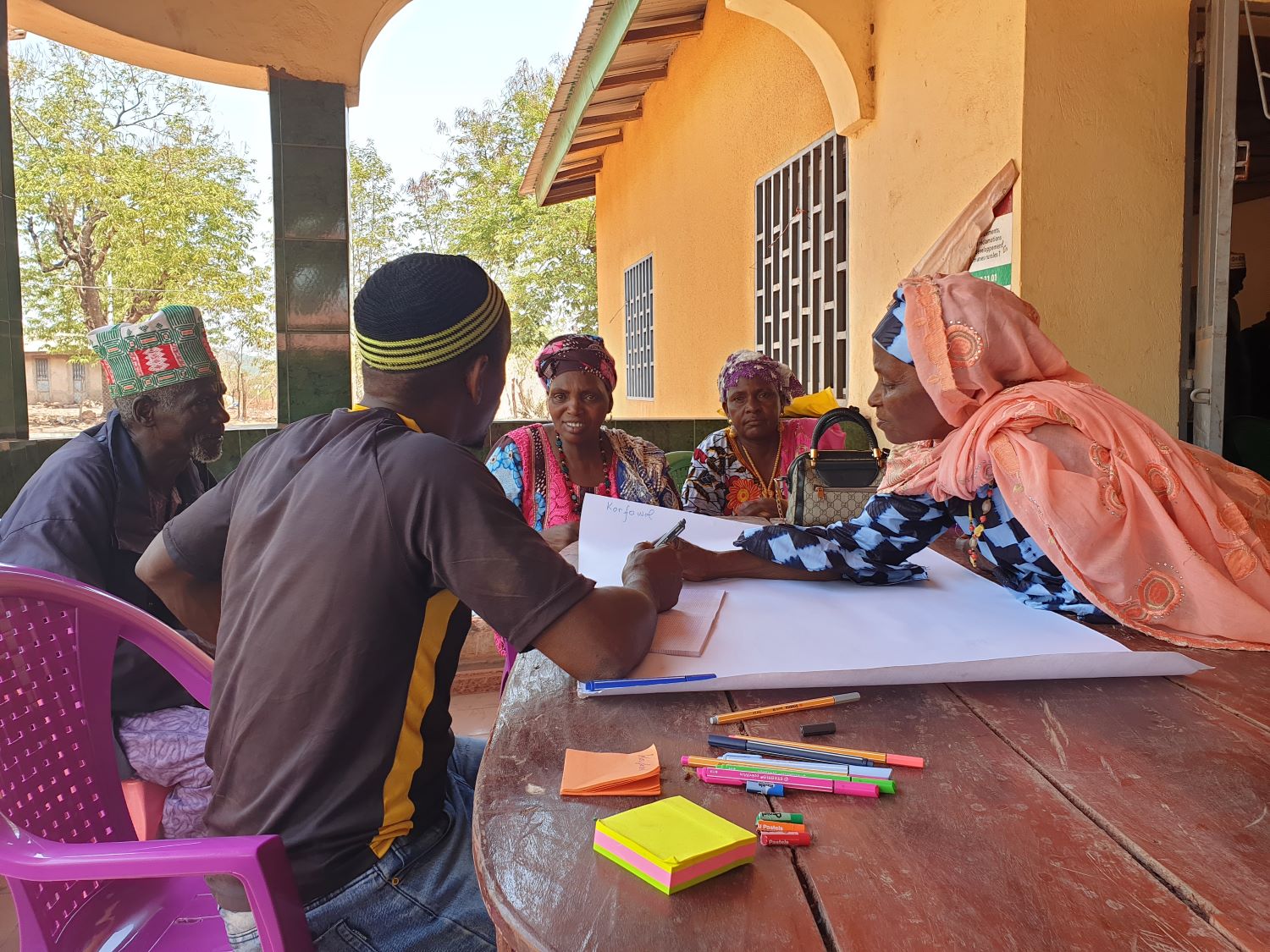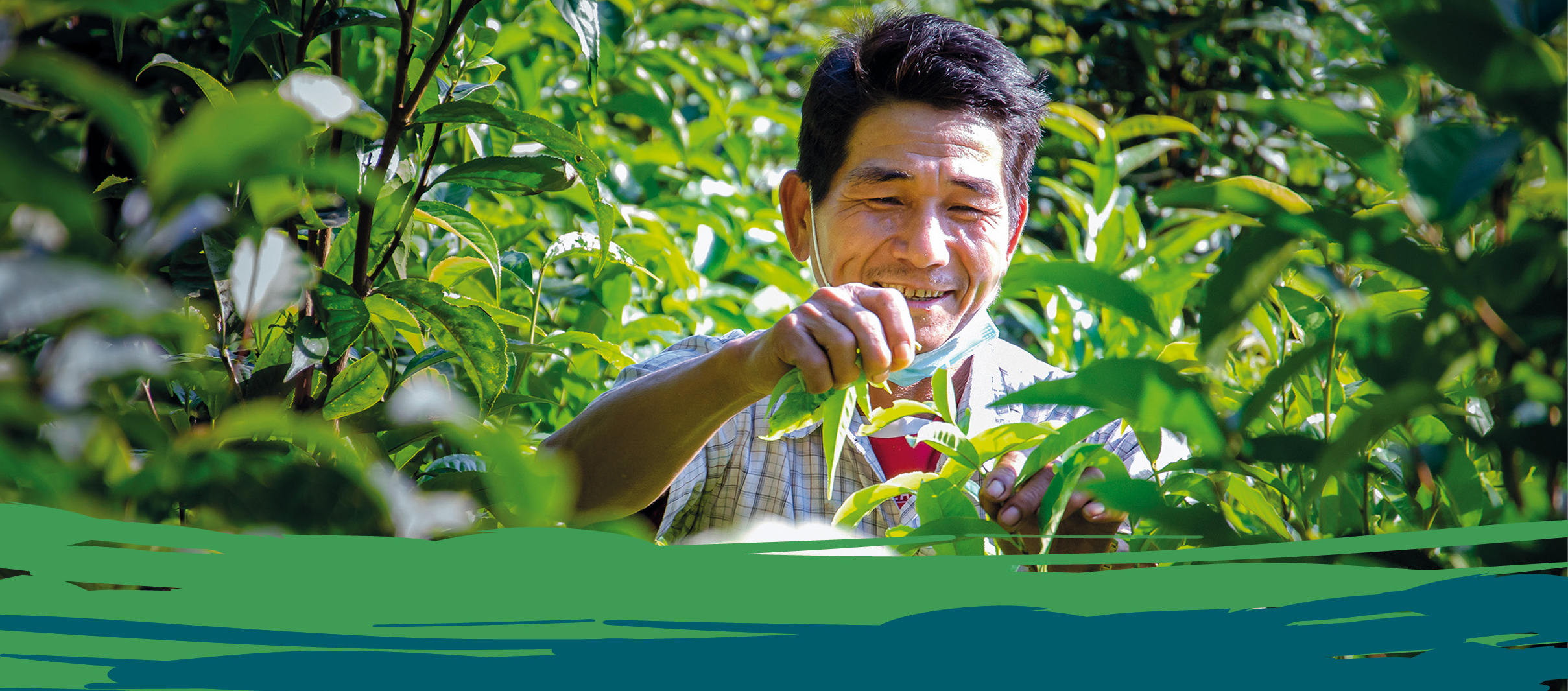Press release – Water is vital for the survival of ecosystems, the human species and its activities. Yet, it is becoming scarce and deteriorating in several of the world’s regions due to human activities. Inequalities around access to water are growing and are a source of tensions, and sometimes of conflicts: it is now urgent to take care of this resource and to share access to it in a fairer and more peaceful manner. To mark this year’s World Water Day (22 March), which focused on the theme of “Water for peace”, GRET called for an indepth rethinking of the governance of this vital element.
Today, water is acknowledged as an essential common good for humanity and for all living organisms. However, water is not managed “in common”: in the majority of countries across the world, decisions concerning its conservation and its use are taken “at the top”, without consulting those most concerned: all its widely diverse users.
More sustainable, more inclusive and fairer management of water resources
Water distribution is a growing source of inequalities and tensions that remind us how urgent it is to rethink how it is managed and governed. In light of these observations and challenges, GRET is supporting several initiatives in France and Africa in particular, aimed at building ways to manage and conserve water “in common”, i.e. that involve all stakeholders concerned over the long term. An increasing number of forums for debate and expression among citizens will enable the emergence of proposals for more sustainable, more inclusive and fairer management of natural water resources and drinking water services.
Achieving gradual rebalancing of powers
Since 2019, Agence française de développement has been supporting GRET’ Commons and shared governance programme. The latter aims to develop a conceptual framework, tools and methods to implement a commons-based approach that could be used in development projects. Ultimately, the objective is to create the conditions necessary to construct a shared vision of resources (water, forests, etc.) and their future, so that everyone can become aware of their role and the impact of their practices, while achieving gradual rebalancing of powers.
Constructing the conditions necessary for sustainable, inclusive water management
Based on concrete experiences, GRET defends the importance of giving citizens real power to decide and control use and conservation of the natural resources that surround them and concern them. In Senegal for example, GRET set itself an ambitious objective: construct the conditions necessary for inclusive management that enables conservation and fair sharing of groundwater in the Niayes region. Since 2017, in partnership with the Senegalese State, GRET has been supporting the implementation of local governance forums: local water platforms. The latter bring together representatives from all water user categories (farmers, users of the drinking water service) to define fair rules of use and actions enabling conservation of the resource over the long term, at territorial level. For drinking water, local democracy issues are also important. Also in Senegal, working alongside local authorities, GRET has been supporting users with their organisation and collective mobilisation to strengthen their role in the control and monitoring of drinking water services, together with private and State operators.
Following on from this work, with the support of Fondation de France, GRET will be organising a meeting in Paris next September to promote and hold discussions on these more democratic ways of managing water, with French, Senegalese and Togolese stakeholders who will share their experience of managing water “in common”.
See our web page on the Commons
Press contact: Marion Disdier, +33 1 70 91 92 33, disdier@gret.org
Founded in 1976, GRET is an international solidarity NGO that works from field to political level to improve the most vulnerable populations’ living conditions and promote social justice, while conserving our planet. Its actions are underpinned by an action-research approach, co-construction with communities and the creation of a vast network of partners. Learn more at gret.org





